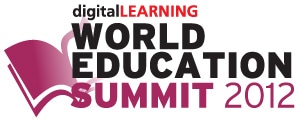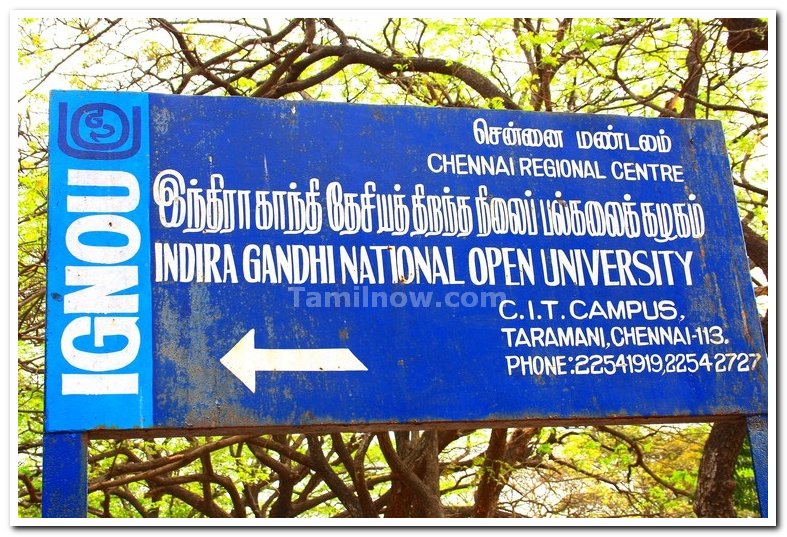Educational Initiatives brings its first ever online competition for college students. ‘Desafio’ in its first year is calling out to youth aspiring to explore the exciting world of developing online or off line games, applications and other interactive tools. These games, applications, tools have to be original creations that will help school students to understand topics, subject concepts or even skills.
” We have taken this initiative with to showcase that edcuation can be a fun. We invited developers to create new innovative education games having fun element in it. The purpose of the game should involve a clarification of any concept which students find difficult to understand to bridge the learning gaps.”
One does not need to be a coding geek to build these games / applications. One only needs to do visualize how students learn any particular concept or skill and how can that learning be made better and fun. The games / applications can be developed on concepts of any subject or topic like Maths, Science, English or Social Studies.
EI feels games, application or other interactive tools can prove to be useful means to help children learn better by engaging them and minimising the learning gaps.
Teams will have to register themselves by February 28. Final version of the game and game supporting document will have to be uploaded on the website by March 5. Shortlisted entries will be announced after which the final voting will take place online. Prizes to be won include tablet PCs, iPhones and paid internships for 4-8 weeks at EI and an opportunity to work with experts in the field.






















